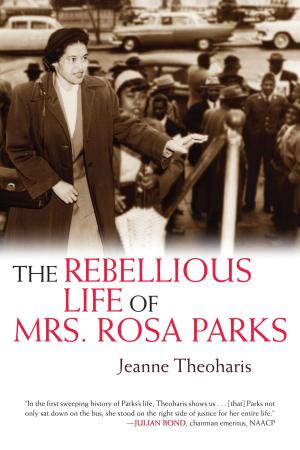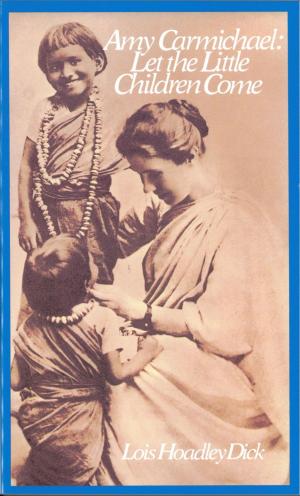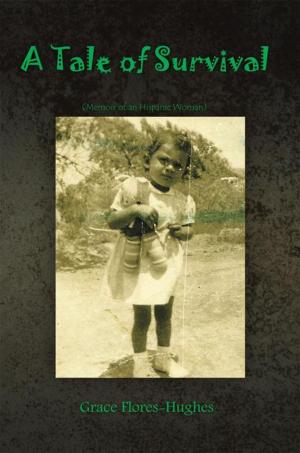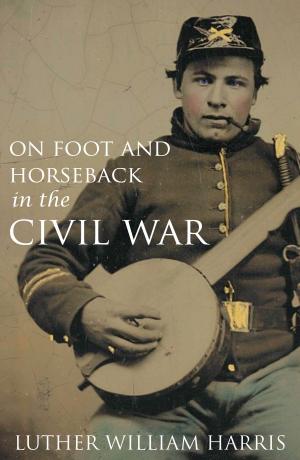| Author: | A. D. Miller | ISBN: | 9781311922465 |
| Publisher: | A. D. Miller | Publication: | April 17, 2015 |
| Imprint: | Smashwords Edition | Language: | English |
| Author: | A. D. Miller |
| ISBN: | 9781311922465 |
| Publisher: | A. D. Miller |
| Publication: | April 17, 2015 |
| Imprint: | Smashwords Edition |
| Language: | English |
A. D. Miller’s first installment of his autobiography was Ticket to Exile which recounts Miller’s coming-of-age in Depression-era Orangeburg, South Carolina. In it Miller reconstructs the sights, sounds, and social complexities of the pre-civil rights South, and his youth as a closet rebel who successfully evaded the worst strictures of a racially segregated small town. When Fall Rising begins, A. D. is nineteen and has just been exiled from Orangeburg, South Carolina for the “crime” of writing a white girl a seven word note: I would like to know you better. For this, he was arrested by two armed policemen, interrogated, charged with “attempted rape,” jailed, and released only on condition that he leave town. In Fall Rising. we pick him up as he leaves the train at Rockville Centre Station, Long Island, N.Y. where he has come to re-start his life.
This book is both a personal story of sorrow, confusion and ultimate triumph and of a people’s ongoing saga from slavery and segregation to civil rights and the hope for a future in which they can equally share.
Fall Rising follows A. D. through his life as he gets his first job, joins the Navy, heads off to Officer’s training and then to various colleges in Washington State, Nebraska , Colorado and UC Berkeley. He settles in Berkeley, California, marries a white woman (though they have to travel to Washington State where interracial marriage is legal to be married), has three children and tries to navigate the racist culture in which he finds himself. Even in the San Francisco Bay Area, jobs for which an African American man with a Master’s degree are trained are nearly impossible to get. He ends up doing menial labor once again.
As he finds his way through his life, he refuses to stay within the boxes that the culture pushes him to stay inside. He forges a way, often fraught with hardship, to simply live as a free person in this country. All the while he carries with him the secret of his exile which he can speak about to no one but which colors everything he does. Finally, after much travail and many years lived finding ways around road blocks, he becomes a college teacher and after that, a much-acclaimed poet and writer, editor/publisher, theater producer and director, and production coordinator.
Near the end of Fall Rising, AD writes: “I see now the terrible thing it was to live my life constantly in a defensive mode, or a mode of attack, never for a single moment to be able to breathe easy.” And that is, too, the terrible realization of his reader.
Having lived fully and richly to the age of 92, Miller is an inspiration to generations of black folk as he shows how, with the help of community, he made a way out of no way.
A. D. Miller’s first installment of his autobiography was Ticket to Exile which recounts Miller’s coming-of-age in Depression-era Orangeburg, South Carolina. In it Miller reconstructs the sights, sounds, and social complexities of the pre-civil rights South, and his youth as a closet rebel who successfully evaded the worst strictures of a racially segregated small town. When Fall Rising begins, A. D. is nineteen and has just been exiled from Orangeburg, South Carolina for the “crime” of writing a white girl a seven word note: I would like to know you better. For this, he was arrested by two armed policemen, interrogated, charged with “attempted rape,” jailed, and released only on condition that he leave town. In Fall Rising. we pick him up as he leaves the train at Rockville Centre Station, Long Island, N.Y. where he has come to re-start his life.
This book is both a personal story of sorrow, confusion and ultimate triumph and of a people’s ongoing saga from slavery and segregation to civil rights and the hope for a future in which they can equally share.
Fall Rising follows A. D. through his life as he gets his first job, joins the Navy, heads off to Officer’s training and then to various colleges in Washington State, Nebraska , Colorado and UC Berkeley. He settles in Berkeley, California, marries a white woman (though they have to travel to Washington State where interracial marriage is legal to be married), has three children and tries to navigate the racist culture in which he finds himself. Even in the San Francisco Bay Area, jobs for which an African American man with a Master’s degree are trained are nearly impossible to get. He ends up doing menial labor once again.
As he finds his way through his life, he refuses to stay within the boxes that the culture pushes him to stay inside. He forges a way, often fraught with hardship, to simply live as a free person in this country. All the while he carries with him the secret of his exile which he can speak about to no one but which colors everything he does. Finally, after much travail and many years lived finding ways around road blocks, he becomes a college teacher and after that, a much-acclaimed poet and writer, editor/publisher, theater producer and director, and production coordinator.
Near the end of Fall Rising, AD writes: “I see now the terrible thing it was to live my life constantly in a defensive mode, or a mode of attack, never for a single moment to be able to breathe easy.” And that is, too, the terrible realization of his reader.
Having lived fully and richly to the age of 92, Miller is an inspiration to generations of black folk as he shows how, with the help of community, he made a way out of no way.















